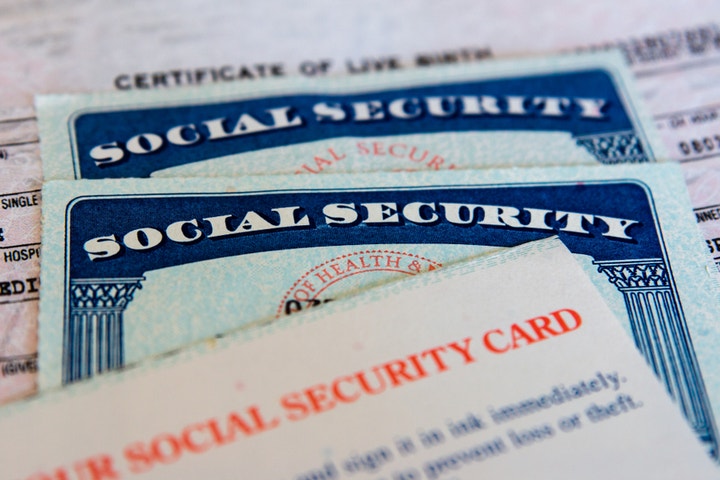
When a woman received a letter from the Social Security Administration claiming she owed $4,765 due to excess earnings, she was understandably confused. After all, she thought she had followed the rules when she started collecting benefits early and continued working. But could a lesser-known rule — the "monthly earnings test" — help her reduce or even eliminate that overpayment?
Here's what to know if you're facing a similar situation.
What Triggered the Overpayment?
According to the individual's Reddit post, she began receiving Social Security retirement benefits at age 64 — before reaching full retirement age. She reached her FRA of 66 years and eight months in January.
Don't Miss:
- Maximize saving for your retirement and cut down on taxes: Schedule your free call with a financial advisor to start your financial journey – no cost, no obligation.
- Invest early in CancerVax's breakthrough tech aiming to disrupt a $231B market. Back a bold new approach to cancer treatment with high-growth potential.
In 2024, she earned $32,322 from working. That's more than the annual earnings limit for someone younger than FRA, which was $22,320 in 2024.
When early claimants earn above the limit, the SSA withholds $1 in benefits for every $2 earned over that threshold. Based on her income, she exceeded the limit by about $10,000, triggering a benefit reduction of around $5,000 — consistent with the amount SSA says she must repay.
What Is the Monthly Earnings Test — and Can It Help?
The woman asked whether the monthly test could be applied to her situation. The monthly earnings test, also called the special rule, is designed for people in their first year of retirement who earn less than a certain amount in specific months.
Trending: GoSun's Breakthrough Rooftop EV Charger Already Has 2,000+ Units Reserved — Become an Investor in This $41.3M Clean Energy Brand Today
In 2024, the monthly earnings limit was $1,860. If a retiree earned less than that in a month, they could be eligible to keep their full benefit for that month — even if their total annual income exceeds the yearly limit. However, this rule typically only applies during the first year a person retires.
Since the Reddit poster retired a couple of years prior, she likely wouldn't qualify for the monthly test in 2024. In that case, only the annual limit would apply.
What Happens the Month You Reach Full Retirement Age?
Another source of confusion came from when the Reddit poster believed she reached her full retirement age in 2024. She initially thought it was in November, when she turned 66 years and 6 months. However, her actual FRA was January, at 66 years and 8 months, based on her birth year — something she later realized.
This matters because the SSA stops counting your earnings against your benefit starting the month you reach full retirement age. From that point forward, any income you earn no longer reduces your Social Security payments.
If the SSA had mistakenly included income from after she reached her true FRA as part of the overpayment calculation, that would be an error that she could appeal. However, as she learned, she didn't reach her FRA until this year.
See Also: Named a TIME Best Invention and Backed by 5,000+ Users, Kara's Air-to-Water Pod Cuts Plastic and Costs — And You Can Invest At Just $6.37/Share
What Should You Do If You Get a Letter Like This?
If you receive an overpayment notice, you have several options:
- Review your earnings and compare them to the SSA thresholds, calculating month by month if it's your first year of retirement.
- Make an appointment with your local SSA office to go over the details in person.
- Request a reconsideration if you believe the overpayment is a mistake.
If the SSA confirms the overpayment but repayment would cause hardship, you can ask for a repayment plan or file a waiver request form.
Bottom Line
Understanding how Social Security calculates benefit reductions can be complicated — especially when you’re working and approaching full retirement age. In this case, the Reddit poster likely didn't qualify for the monthly earnings test since it wasn't her first year of receiving benefits.
However, if you believe the SSA miscalculated your overpayment — by misapplying the monthly test or including income earned after your FRA — you have the right to question it. Reviewing your timeline and income carefully can make a big difference. And if repayment presents a financial burden, options like waivers and repayment plans are available.
Read Next: Many are surprised by Mark Cuban's advice for lotto winners: Cash or annuity?
Image: Shutterstock







